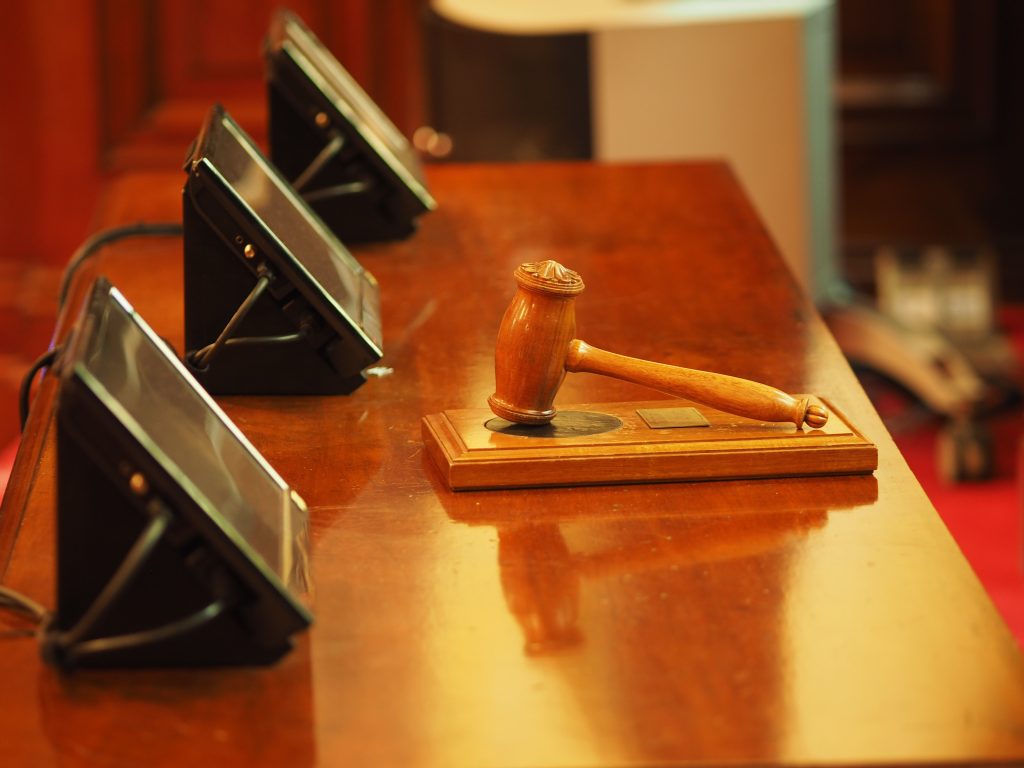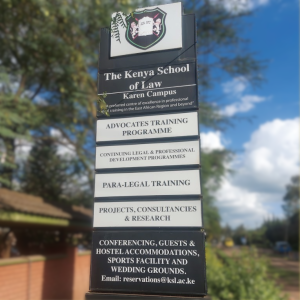Article by: Joseph Musasizi
Introduction
On 22nd April 2022, Justice JM Mativo delivered a ruling in KKB v SCM & 5 others (Constitutional Petition 014 of 2020) [2022] KEHC 289 (KLR) in which he explained the doctrine of ripeness. He stated in his ruling that the Constitution did not operate in a vacuum and that where alternative remedies exist, the preferrable route should be to apply such remedies before resorting to the Constitution. He further stated that the possibility of the elevation of any dispute to a constitutional issue ought to be averted unless the existence of a remedy depends upon it. He based his argument on among other decisions on the judgement in Sports and Recreation Commission v Sagittarius Wrestling Club and Anor (2013).
This position is further fortified by the Constitutional Court of Zimbabwe in Chawira & Ors v Minister of Justice Legal and Parliamentary Affairs & Ors which stated that in the normal running of things, courts must generally loathe to determine a constitutional issue in the face of alternative remedies.
In other words, a constitutional issue is not ripe for determination until the determination of the constitutional issue is the only course that can give the litigant the remedy he seeks.
The are however exceptions this doctrine which include:
- Where the constitutional violation is so clear and of direct relevance to the matter,
- In the absence of an apparent alternative form of ordinary relief
- Where it is found that it would be a waste of effort to seek a non-constitutional resolution of the dispute
Justice Mativo’s assertions obtain credence from Judge J.L Onguto submissions in Wanjiru Gikonyo & 2 others v National Assembly of Kenya & 4 others [2016] eKLR in which he highlighted that court is not expected to engage in abstract arguments. It is prevented from determining an issue when it is too early or simply out of apprehension, hence the principle of ripeness. In other words, an issue before the court must be ripe, through a factual matrix, for determination. This justiciability dogma therefore prohibits court from entertaining hypothetical cases such as the unripe, moot, void and academic interest cases.
Discussion
On this note, the doctrine of ripeness as regards justiciability on a matter emphasizes that courts should only decide matters that have a real earnest and vital controversy that needs to be decided. Refer to Ashwander –v- Tennessee Valley Authority [1936] 297 U.S 288.
Moreover, Wanjiru Gikonyo & 2 others v National Assembly of Kenya & 4 others [2016] eKLR further qualifies this by arguing that court should be prevented from determining an issue when it is too late or no longer presenting an existing or live controversy exception in simply giving advisory opinions. A good example is Article 163(6) of the Constitution on powers of the Supreme Court of Kenya to give advisory opinions at the request of the national government on matters concerning county governments. The position on this was qualified by Professor Ghai in John Harun Mwau & 3 Others –v- AG & 2 others HCCP No. 65 of 2011 in which he highlighted that Article 165(3) (d) did not exist in a vacuum and should not be exercised independently in the absence of a real dispute or controversy.”
Furthermore, the Doctrines on Ripeness, Mootness and General Justiciability of a matter was examined proper in Hon. Martin Nyaga Wambora –v- Speaker of County Assembly of Embu and 5 Others HCCP No. 3 of 2014, and in the Coalition for Reform and Democracy (CORD) & 2 Others -v- Republic of Kenya & Another HCCP 628 of 2014 [2015]eKLR in which the court cited the case of Patrick Ouma Onyango & 12 Others –v- AG & 2 Others Misc. Appl No. 677 of 2005 to state that for a claim to be justiciable, it must “present a real and substantial controversy which unequivocally calls for adjudication of the rights asserted.” In other words, there must be an examination of the sufficiency of the stake of the person making the claim according to the doctrine of standing to ensure the litigant has suffered an actual injury which is fairly traceable to challenged action and likely to be redressed by the judicial relief requested. The decisions also recommended that Examination of the contours of the controversy brought to court be done so that courts do not overstep their constitutional authority when issuing advisory opinions and that on ripeness, decisions factual claims underlying any litigation brought to court must be concretely presented and not based on speculative future contingencies and that decision over certain disputes be left to resolution by other governmental actors such as the judiciary.
However, on the other hand, as per an earlier in Jesse Kamau & 25 Others –v- Attorney General Misc. Application 890 of 2004, court on expressing itself on the doctrine of ripeness stated that: “In some cases the constitutional ripeness of the issues presented depends more upon a specific contingency needed to establish a concrete controversy than upon the general development or underlying facts. For example, litigants alleging that a government action has affected an unconstitutional “taking” without just compensation” are normally obliged to exhaust all avenues for obtaining compensation before the issue is deemed ripe”. Moreover, Mr. Orengo in demystifying the doctrine of political question and justiciability in American Constitutional Law by Laurence H. Tribe stated that there are constitutional questions which are inherently non-justiciable and that these practical questions, it is said concern matters as to which departments of government, other than the courts or perhaps, the electorate as a whole must have the final say, that with respect to these matters, the judiciary does not define constitutional limits.
Conclusion
In Conclusion, anchored on Hon. Kanini Kega –v- Okoa Kenya Movement & 6 Others HCCP No. 427 of 2014, court on the issue as to whether or not a matter is justiciable must address itself to the legal principles surrounding the particular act done as discernible from the legal instruments appurtenant to the said action. For instance, when the law proceeds to impose on the executive legally prescribed duties and responsibilities, the performance of which depends upon the enhancing or handling of public interest, the political officers of the executive must act consistent and according to the laws of the land and since the performance of certain duties and responsibilities is dependent upon individual rights and responsibilities, there is a duty to act consistently with and according to the law. If public officers fail to so act, and their failure harms the interests of the public and rights of individual citizens, their actions and omissions may be subjected to judicial review.











